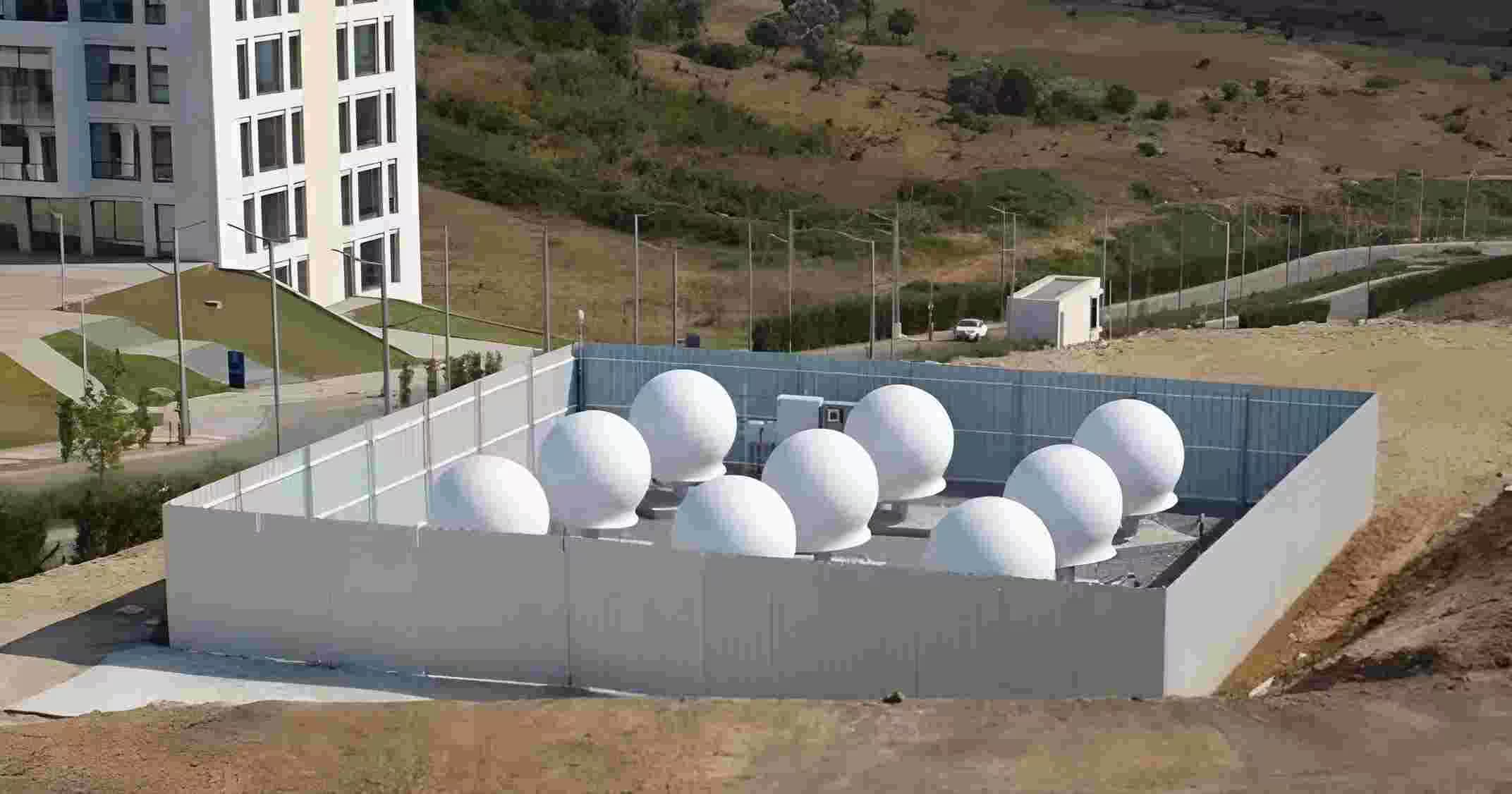Starlink, the satellite internet service by Elon Musk’s SpaceX, is setting up ground stations across Nigeria as part of its efforts to improve connectivity and ensure smoother data transmission in Nigeria.
Starlink officially entered Nigeria in 2022 after securing an Internet Service Provider (ISP) licence from the Nigerian Communications Commission (NCC). In addition to this ISP licence, Starlink also acquired two other important licences: a Sales and Installation licence, and an International Gateway licence. The International Gateway licence allows Starlink to set up and operate facilities that transmit international voice, data, and other telecommunication services in and out of Nigeria.
Starlink’s move into Nigeria marks it as a significant player in the country’s telecommunications industry. Already, Starlink has gained a strong foothold in the internet service sector. As of the first quarter of 2024, data from the NCC showed that Starlink had quickly become the third-largest ISP in Nigeria, trailing only behind two established companies, Spectranet and FibreOne. This rapid growth is notable, especially considering Starlink only began offering its services in Nigeria in January 2023.
Despite its higher pricing compared to local ISPs, Starlink has attracted a large number of customers within a short period. This is partly due to the company’s ability to provide internet service in areas where other networks are weak or unreliable. As a result, many Nigerians, especially those in regions with poor internet coverage, are eager to switch to Starlink. Its use of satellites to provide internet coverage across wide areas gives it an advantage over traditional ISPs that rely on physical infrastructure like cables and towers.
To further strengthen its presence in Nigeria, Starlink is setting up ground stations across the country. These ground stations are a critical part of Starlink’s infrastructure, as they help to improve connectivity and ensure smoother data transmission. According to inside sources, these ground stations will be located in three key areas: Okun Ajah in Lagos State, Sagamu in Ogun State, and Port Harcourt in Rivers State. Starlink has acquired around 29,000 acres of land across these locations for this purpose.

The ground stations are being developed in partnership with Equinix, a global leader in data centre solutions. Equinix entered the Nigerian market in 2022 by acquiring MainOne, a major data centre company, in a deal worth $320 million. The construction of the ground station in Okun Ajah, Lagos State, has already begun and is expected to be completed by the fourth quarter of 2024. The other two locations, in Sagamu and Port Harcourt, are projected to be ready by 2025.
Although the financial details of the project have not been made public, the scale of this investment demonstrates Starlink’s commitment to establishing a strong and lasting presence in Nigeria as it continues to grow its global network.
A ground station, or gateway, is a terrestrial relay station that communicates with Starlink satellites orbiting the Earth. These stations are crucial for the transmission of data between the satellites and the internet backbone on the ground. Essentially, they act as intermediaries that receive data from the satellites and then route it to the appropriate internet networks on the ground, and vice versa.
According to SpaceX, Starlink’s parent company, there are about 150 such ground stations operating around the world. These ground stations play a vital role in linking Starlink satellites with internet data centres on the ground. These data centres are connected to existing fibre-optic infrastructures, which then send data to the Starlink satellites in Low Earth Orbit.
By establishing ground stations in Nigeria, Starlink aims to provide a more direct and efficient internet service in the country. Traditionally, network traffic from Nigeria must pass through international data centres before being routed back to the country. This process often introduces delays and potential bottlenecks, reducing the quality of the internet service. Starlink’s ground stations will help to streamline this process by reducing latency and improving overall internet performance.
This development could lead to more reliable and faster internet services for both individual users and businesses in Nigeria, potentially setting a new standard for connectivity in the country.








